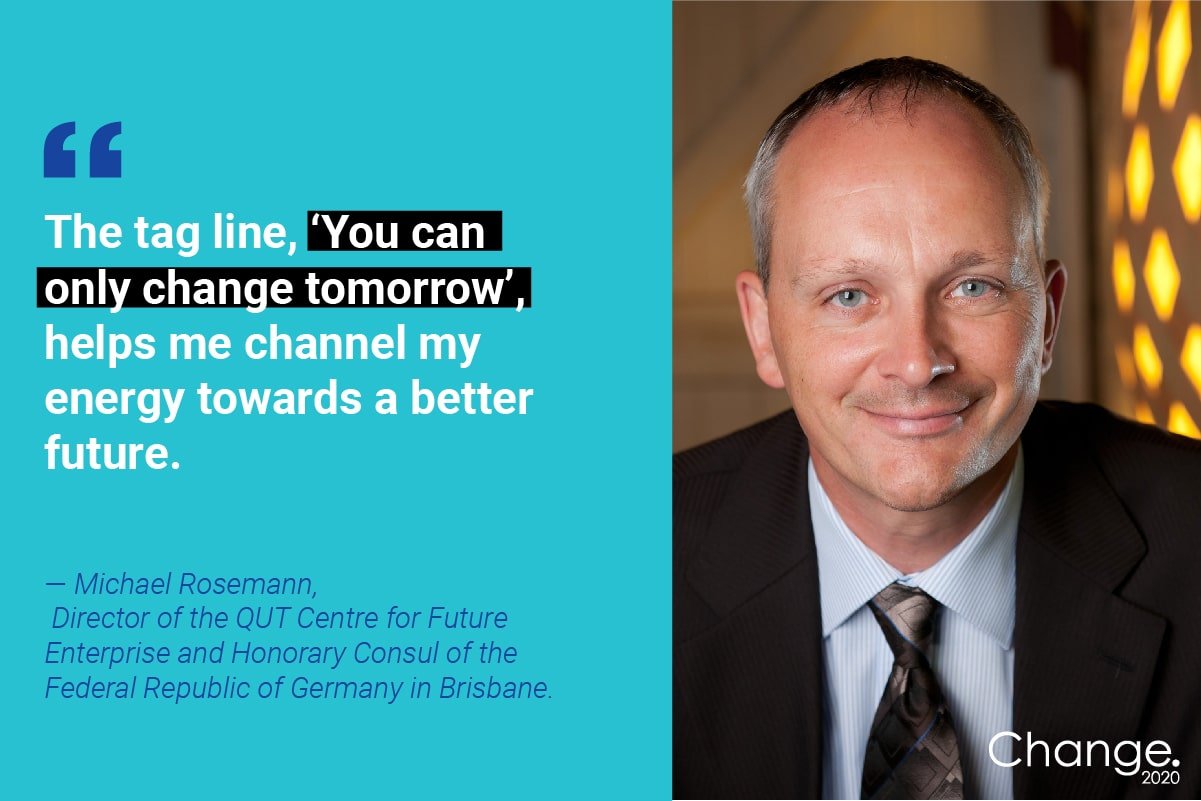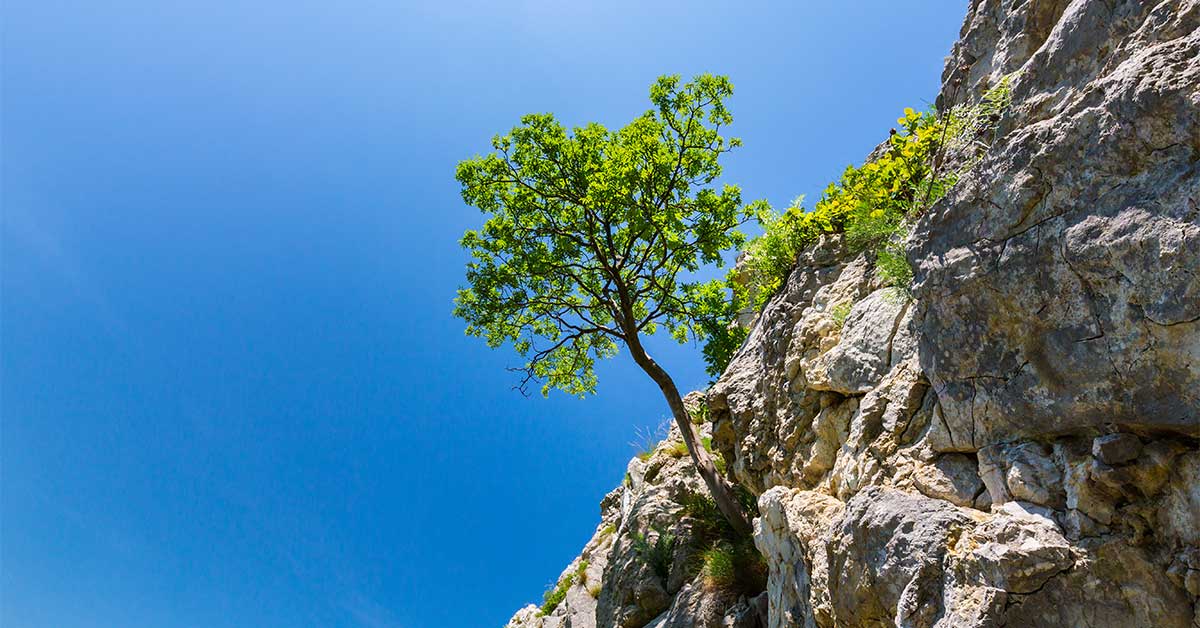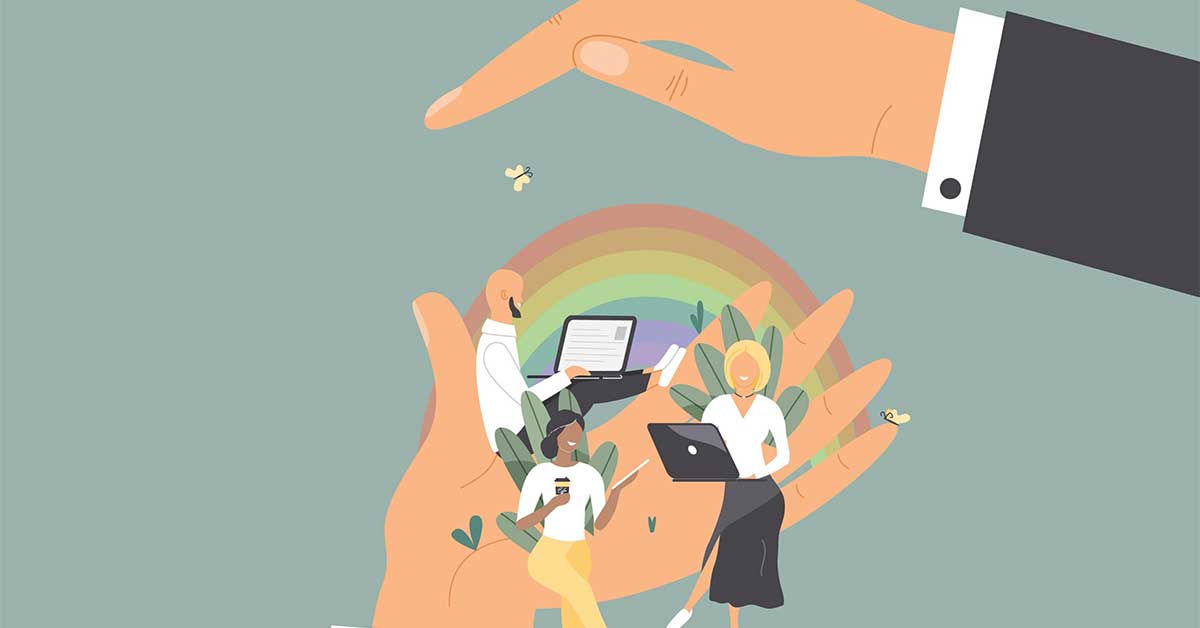Michael Rosemann is a German information systems researcher and professor at the Queensland University of Technology. Living life as an optimist, he encourages others to seek out life’s opportunities and focus on what’s right in front of them. He is an expert in revenue resilience, business process management and innovation systems.
As part of our Change2020 Conversation Series, Michael spoke to Change2020 Director Kerryn Fewster about how he focuses his energy into the future.
How did you get to the mindset where you look at change as an opportunity as opposed to a threat?
I find it easier to approach life as an optimist, because I’ve got something to look forward to. When I go to bed, I reflect at the end of the day and think, ‘what was the most exciting thing that happened today?’
Do you think your viewpoint around change is something you’ve learnt as an academic or is it something innate you were born within?
A bit of both. My father had the saying, “you can only change tomorrow”. That tagline helps me to channel my energy towards a better future as opposed to whining about things I can’t change.
Professionally, I initially spent a lot of time understanding pain points, creating operational efficiency, but I didn’t find it very rewarding. I’m much more interested in opportunity points and in creating rather than destroying.
So coming back to the wise words of your dad, ‘you can only change tomorrow’. How does that speak to the well-used term these days of ‘fail fast, learn from your failures and move on’?
My father never talked about failure. I think the very reason we’re looking for this sort of excuse, is so we innovate or we at least learn from it. However, my father never said ‘go and fail’, he just said ‘invest your energy and if it turns out to be failure, let it be’.
The notion of failing as a learning experience is great, but you also need to try to minimise your failure rate. I would say if you fail, become more efficient and invest your energy into the future.
How do you see ‘opportunity’ as we move into the future?
I believe the future will be opportunity rich. We have got new business models, citizens who are digitally savvy and we’ve got micro entrepreneurs who have a high level of entrepreneurial energy. You can now be based in Brisbane and become a global player, which wasn’t possible 20 years ago. I actually think we have the opposite problem, we have more opportunities than we can digest.
When I worked in a ‘problem rich’ environment that was obsessed with fear, that thought change was bad and that looked for pain points, It was hard to adapt to work that all of a sudden becomes ‘opportunity rich’.
“I fear our biggest challenge is that we don’t see opportunities. We see pain points, but opportunities are invisible.”
You mentioned that our greatest problem is we’re going to have too many opportunities. Why aren’t our leaders across our industries actually sharing your view?
I think it’s cultural, motivational and educational. Even our language itself, sees two thirds of our terminologies focus on the negative rather than on the positive side.
Companies probably have more terms to describe different types of costs than different types of revenue. They talk about pain points and not opportunity points. They probably have a risk committee and not an opportunity committee. We have a whole infrastructure that is tailored towards negativity and the problem.
Educators, like myself, have to quickly develop a body of knowledge that allows us to see the opportunity.
In your experience, how are people responding to your concept of opportunity and an ‘opportunity-mindset’?
Change is a triangle of awareness, acceptance and action. The first stage is to be ‘curious’. This is where organisations say they would love to understand where the world’s heading, the notion of innovation, digital transformation or we like the idea of spotting opportunities.
There’s a big gap between being curious and being committed.
The conversion from the one hour keynote to an actual long lasting commitment where culture, attitudes, KPIs and systems are changing is a long way. I think we are only at the infancy where we are seeing a healthy appetite in terms of curiosity, but we still have to improve on the conversion. I’m hoping in the years to come the success we have around curiosity turns into higher success rates than we have around commitment.
We’re sitting at the fringe of a tremendous amount of uncertainty, so curiosity is going to be critical to get us through. How do we get people to navigate themselves further towards that commitment?
We talk about extrinsic and intrinsic motivation and often we’re looking for extrinsic motivation – incentives, KPIs etc. People often do things because they have to as opposed to because they want to.
I think what we need to do as leaders and as parents is to boost intrinsic motivation, that change is good. We need to teach that uncertainty is positive, because it will be rich in insights and rich in stimulation.
I think what we need to do as leaders and as parents is to boost intrinsic motivation, that change is good. We need to teach that uncertainty is positive, because it will be rich in insights and rich in stimulation.
When people push back on your ideas, how do you encourage them to see that uncertainty presents opportunity rather than just fear?
You can offer people water, but ultimately they have to drink it themselves. We try to incentivise them and excite them, but if people opt out or prefer stability, that’s a very personal call. My obligation as a leader is to paint a picture in terms of the opportunities available. You should go straight to the extreme opportunity, think big, think ambitious and then scale back.
Do you ever get frightened by change?
Yes of course. Often more privately than professionally. When there are circumstances beyond your control, what I’ve learned is that you have to accept it when you can’t change things. But you can change your attitude towards these circumstances.
How have you continued to focus on ‘opportunity’? What advice would you give?
I would say, put your personal well being first. Ask yourself at the end of the day, week or year, ‘what satisfied you?’. You’ll often find that you’ve created something new or shaped something that is rewarding.
We all face things that are unpleasant, but we need to understand quickly what is beyond our control, what are the things we cannot change, because it’s pointless to invest energy into those things.
If you enjoy the act of creating things, then having a mindset that is interested in opportunities is rewarding. You need to have the abilities to spot what’s possible. I would encourage everybody to spend more time looking at what’s possible.
I also say to my team, ‘we stick together’. Whoever is our new supervisor, whatever structures we have, whatever budget we have we approach this with confidence. You need to understand where your benchmark is. I encourage everyone in a reasonably wealthy world to ask themselves, ‘where are you really?’ and ‘how much worse could it be?’ and that the change that you face is nothing in comparison with the change that many other people on this planet face.
For more information on adapting to uncertainty, speak to one of our consultants.




